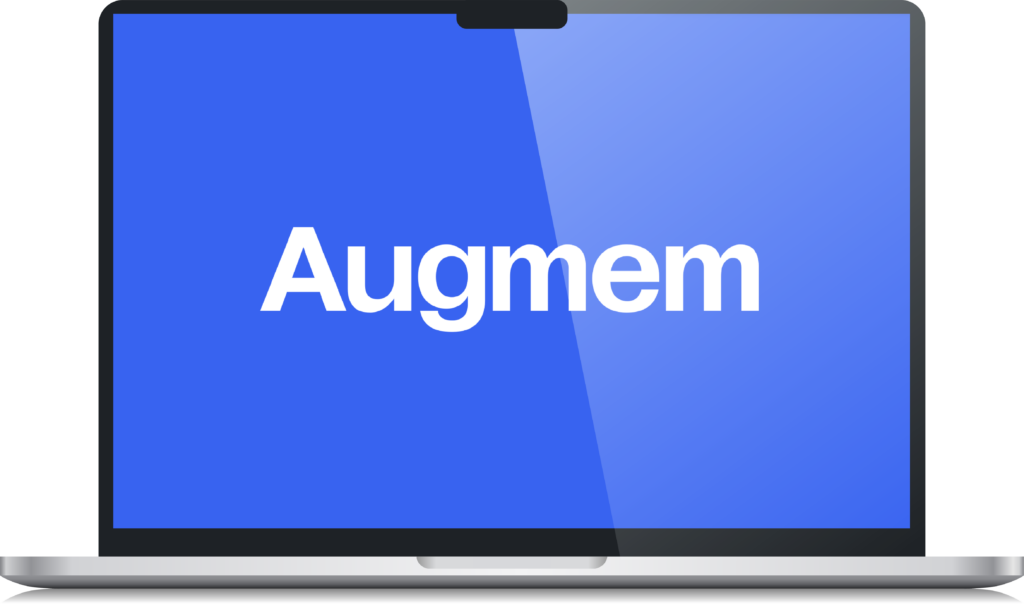Science
Augmem™ Science
The underlying science is informed by over 15 years of research more than 50 peer-reviewed publications.

Memory for everyday events requires a process known as “pattern separation”.
This process allows our brains to create unique memories for similar experiences (for example, where you parked your car today vs. yesterday) and enabling us to store and retain rich, detailed memories of our past.
As we all get older, we begin to struggle with pattern separation, leading to a loss of contextual memories (where certain events occurred or when they occurred). Most of these changes can be benign and part of the normal aging process. Individuals affected by Alzheimer’s disease struggle to a much greater extent.
Work by Dr. Yassa and colleagues has shown that loss of pattern separation can be an early marker of memory loss in Alzheimer’s disease, prior to the onset of clinical symptoms.
Augmem™ is a digital cognitive assessment platform targeting pattern separation.
Copyright © 2025 Augnition Labs, LLC.

